Today I want to write about something that rarely gets discussed: postpartum recovery. I often hear moms say recovery was harder than the labor itself, and that many of them felt unprepared to deal with all that postpartum recovery entails. I was also a part of this group of moms who knew very little about what follows labor and delivery, or how to transition into home life after the birth of a new baby.
I remember feeling much more pain than I anticipated and going through emotional ups and downs that I wasn’t prepared for. They call this the baby blues, but, at times, it felt much more intense than just the blues. In fact, there were sleepless nights when I was suddenly gripped with worry that I wasn’t cut out to be a mother. Everything felt so fragile, so raw, so new, and I felt I wasn’t quite ready to tackle the challenges facing a new mother.
Ten years and two children later, I know exactly what to expect, and I've equipped myself with the knowledge and a team of people to help me through the recovery process. It's made the transition from pregnancy to postpartum a lot smoother — joyous, even.
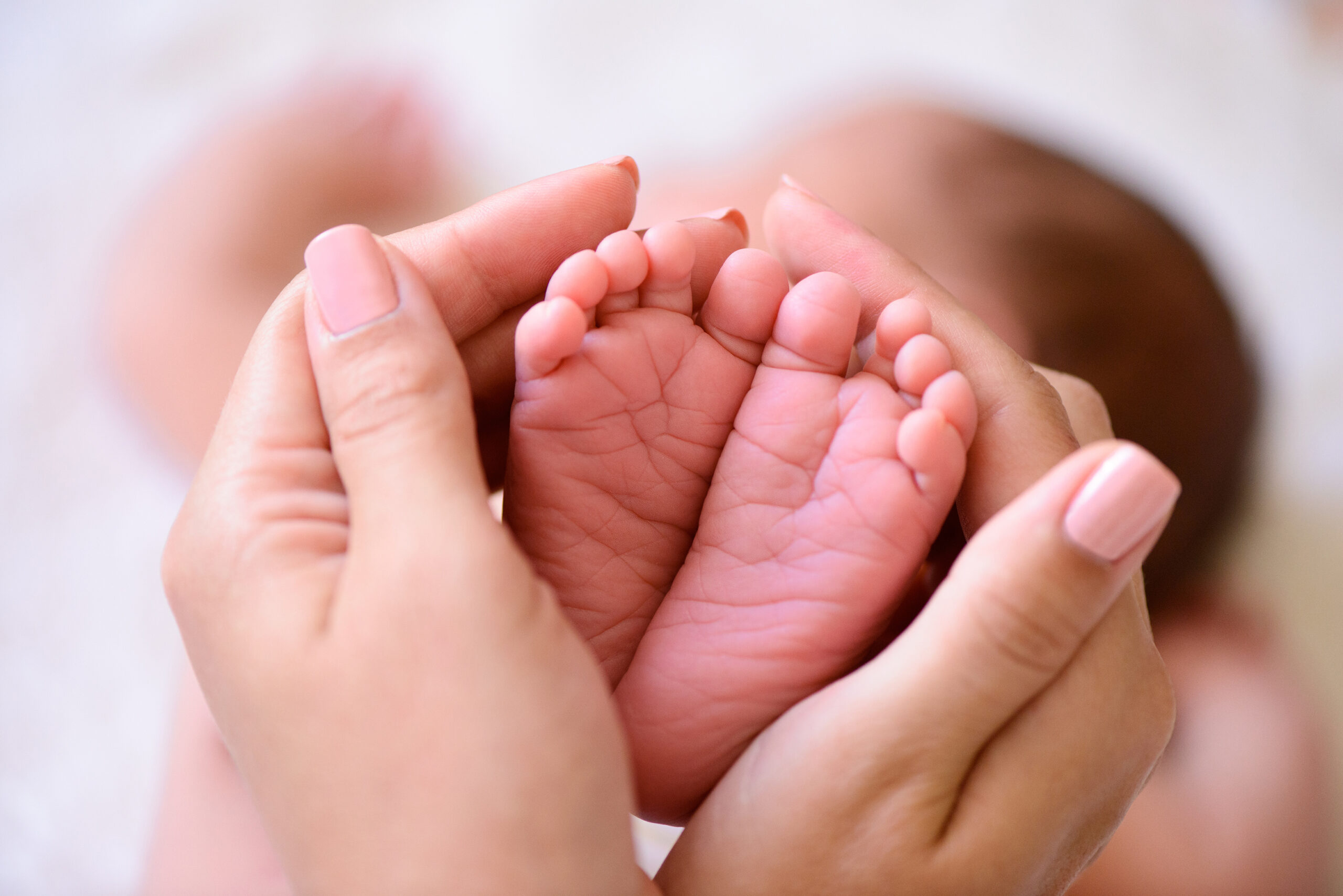
Two weeks into postpartum recovery, I’m currently feeling good. I could use a few more hours of sleep, of course, but it’s more like light tiredness — not I’d-kill-for-extra-sleep kind of fatigue.
I’m eating well, and my number one focus is producing enough quality breastmilk for the baby. I'm taking care of myself by not lifting heavy things and not doing house chores that require lots of bending over, pushing, or other strenuous movements. I even hired postpartum help to cook for my family, which frees up my time and energy to focus on the baby.
In fact, the past few weeks feel like luxury, as I know what awaits me once the help leaves and I’m left to take care of three kids all by myself. But for now, I’m soaking up the new baby smell in the air and taking full advantage of this time of rest, relaxation, and bonding with the little one. I just wish I had known better than to “do too much” with my first two children, and that I took better care of myself with all of my pregnancies — not just this one.
We live and we learn, right? Because of that I want to reiterate some important points to keep in mind for your own postpartum recovery. Please note these are my personal observations and may be different from those of other women.
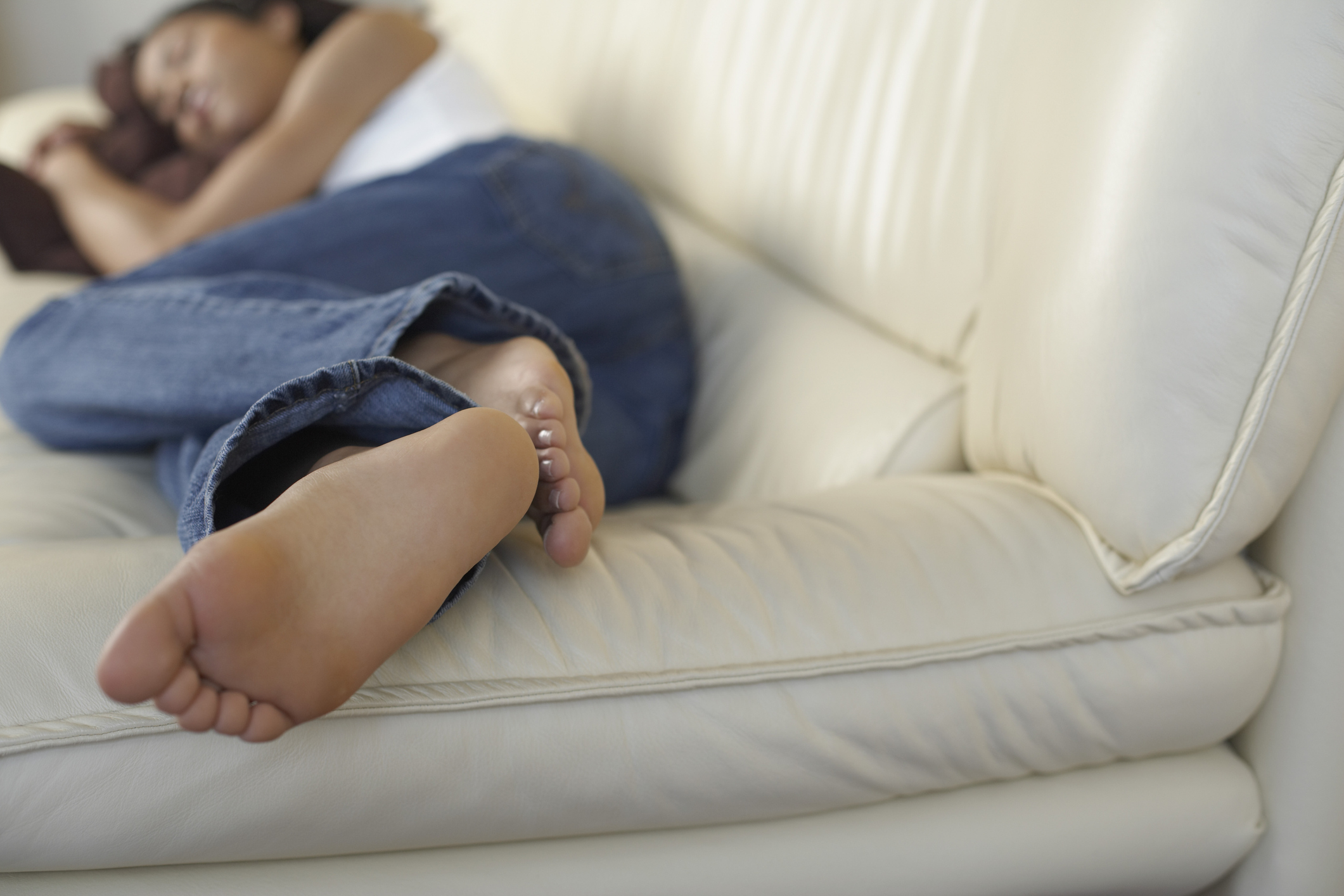
1. You will be extremely tired.
You will most likely feel the initial “high” of meeting your baby for the first time, which I’d like to call 'supercharged love hormones.' Scientifically, your body produces an extra dose of endorphins right after delivery to make you feel this way. Emotionally, you are on cloud nine about the beauty of your little one.
Once the initial high fades, extreme fatigue will hit you, both physically and mentally. The birthing process is called “labor” for a reason. It’s the hardest work your body has ever done and you will be extremely tired.
Even though I had a relatively smooth delivery, I was beyond tired hours after the baby was born. The exhaustion was so severe I felt like passing out during the first hour of skin-to-skin time. I don’t remember feeling that tired, ever, and I don’t know how I got through breastfeeding those first 24 hours at the hospital. Everything was a blur and it felt as if every last bit of energy and life had been sucked out of me.
And it had – I just gave birth to a new life.
So whether or not you feel tired immediately or hours after delivery, be sure to get plenty of rest and sleep those first few nights. And be sure you have someone right by your side to do the diaper-changing and help with feeding by bringing the baby to you and putting the baby back to sleep.
Similar to labor, postpartum recovery is like a marathon. You have only begun your recovery, so be sure to take it easy and save your energy, because there are many sleepless nights ahead of you.
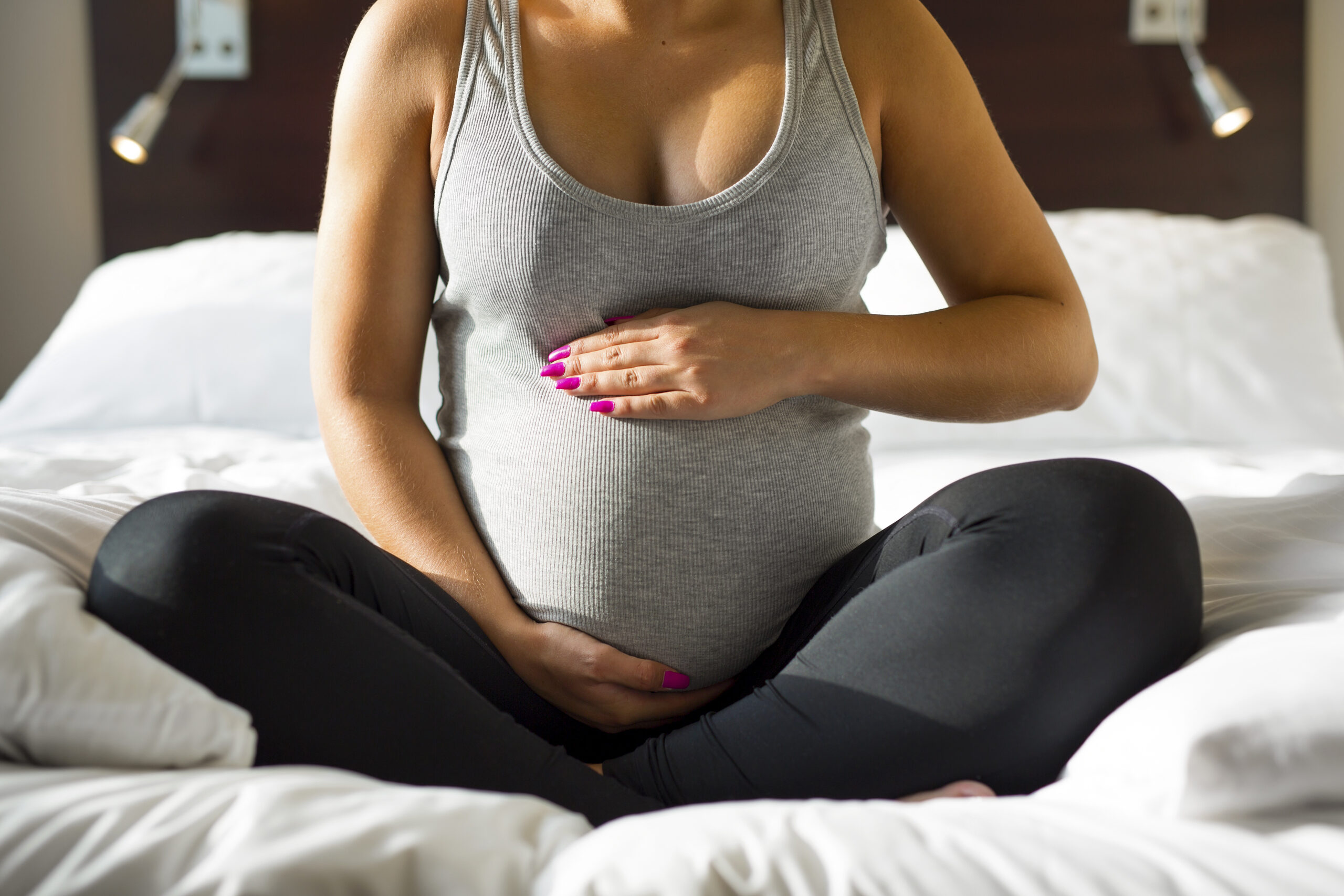
2. You will still look pregnant.
I didn’t know this the first time, but you will still look pregnant even after giving birth. You will definitely feel lighter and may even shed 10 pounds or more, but your stomach will still be stretched out and you will still look like you are six to seven months pregnant.
Your body went through 10 months of changes to create a new life, and it will take at least six months to a year to feel like yourself again. For many women, this process takes even longer.
Mentally prepare yourself for this and do not be discouraged to still be wearing maternity clothes even after you return from the hospital.
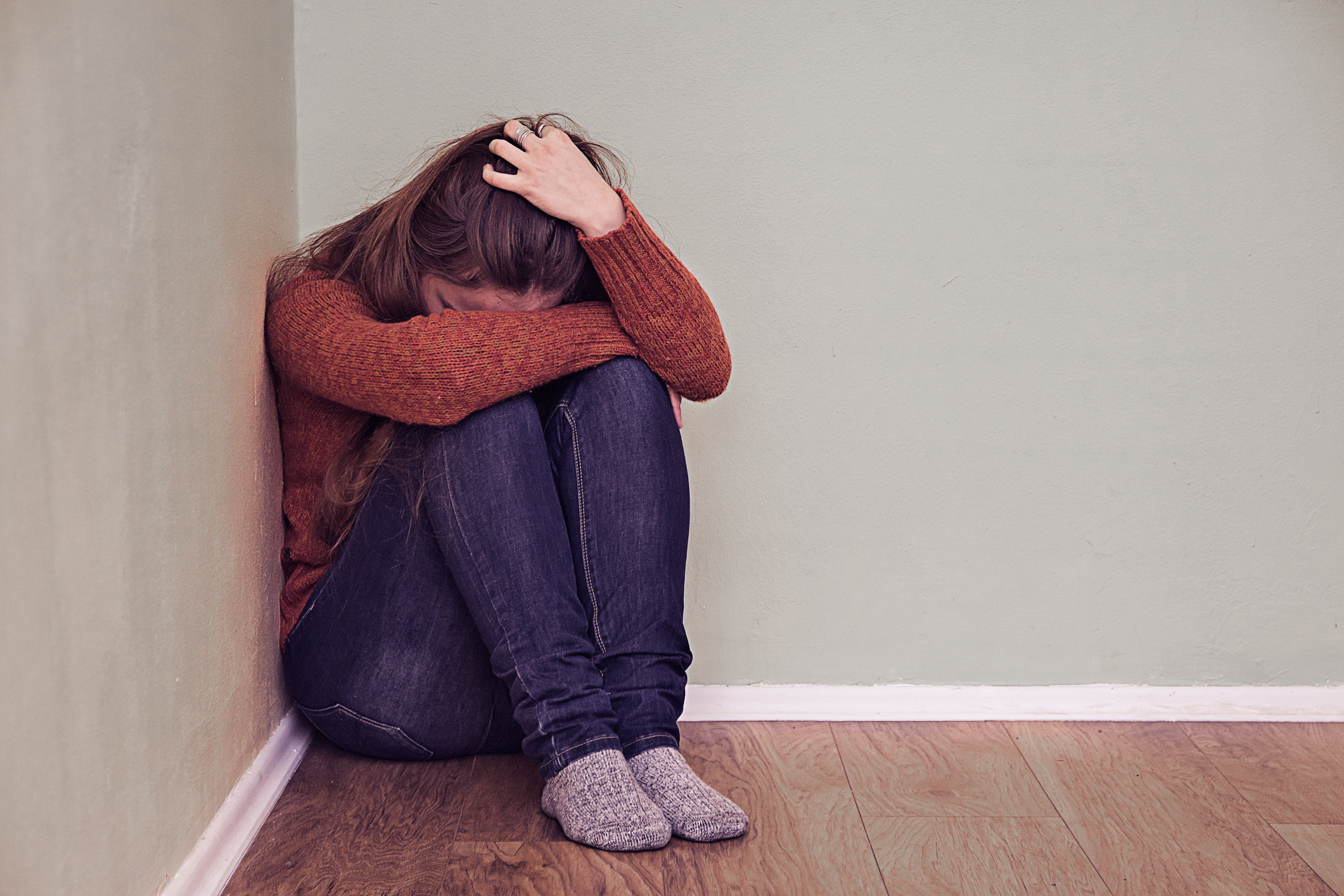
3. There will be a lot of pain.
Sorry to be the bearer of bad news, but you will still be in a lot of pain after delivery, whether you deliver vaginally or via C-section. If you delivered naturally, you will experience weeks of bleeding much heavier than your menstrual period. You will also experience painful cramping, as your uterus contracts back to its normal size, as well as backache, pelvic ache, shoulder ache… You get the point.
You just pushed out a baby; you will feel its aftermath from head to toe.
If you delivered via C-section, recovery may be even harder. You just went through huge abdominal surgery, so you will be bedridden and find it difficult to do anything except feed the baby. Be sure to take care of yourself and take it easy, especially during the first few weeks.
You may also be swollen, red, itchy, and bruised, depending on how your labor and delivery went. This time I had itchiness on my back, where I had the epidural, and developed rashes. I also had swollen feet for days, followed by headache and body chills the first week.
Most importantly, do not rely on pain meds or overwork your body. I didn’t realize this after the birth of my second baby and foolishly thought I was OK because I couldn’t feel the pain. I wasn’t really OK, just heavily medicated with strong Motrin. This time, I made a conscious effort not to take so much medication and just listen to my body. After the first week, I stopped taking medication altogether so I could feel some of the pain and ensure that I wasn’t doing more than my body could handle. Do not fall into the medication trap. Even if you feel OK due to meds, you need rest.
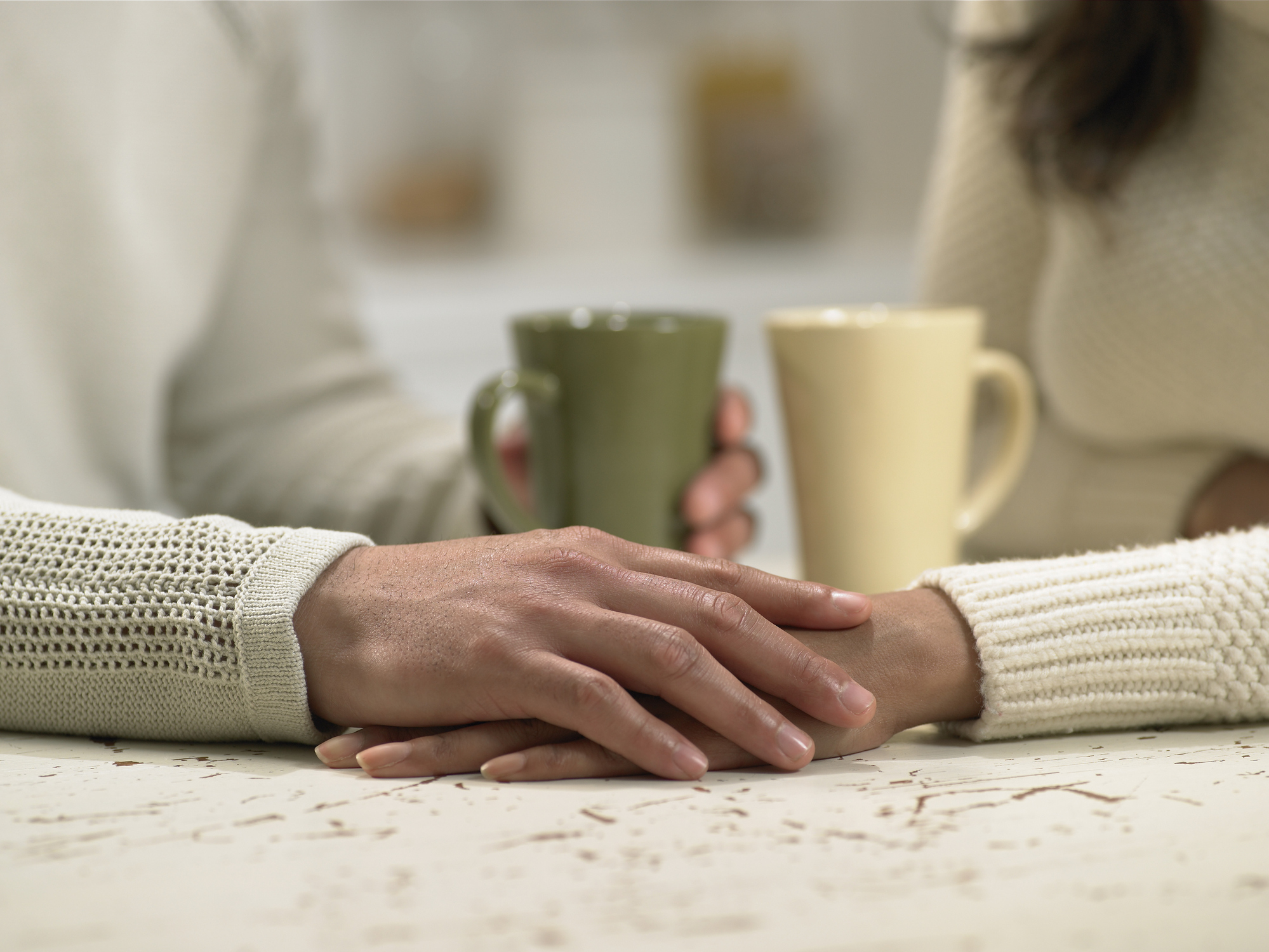
4. You will need help.
I cannot reiterate this enough: Be sure to get help. I didn’t get much help after the birth of my second baby and ended up coming down with postpartum depression after three months, due to lack of sleep and pushing myself too hard. I think I felt bad that others had to help me with my first daughter, and I took on too much with my second.
Looking back, I should’ve taken things more slowly during the postpartum recovery period instead of running on empty from day one.
Remember, your recovery is just as important as your baby’s health and growth. Take care of yourself and your needs as well, because your motherhood journey has only just begun. Let others take care of you, so you have enough energy to take care of the baby once the help leaves.
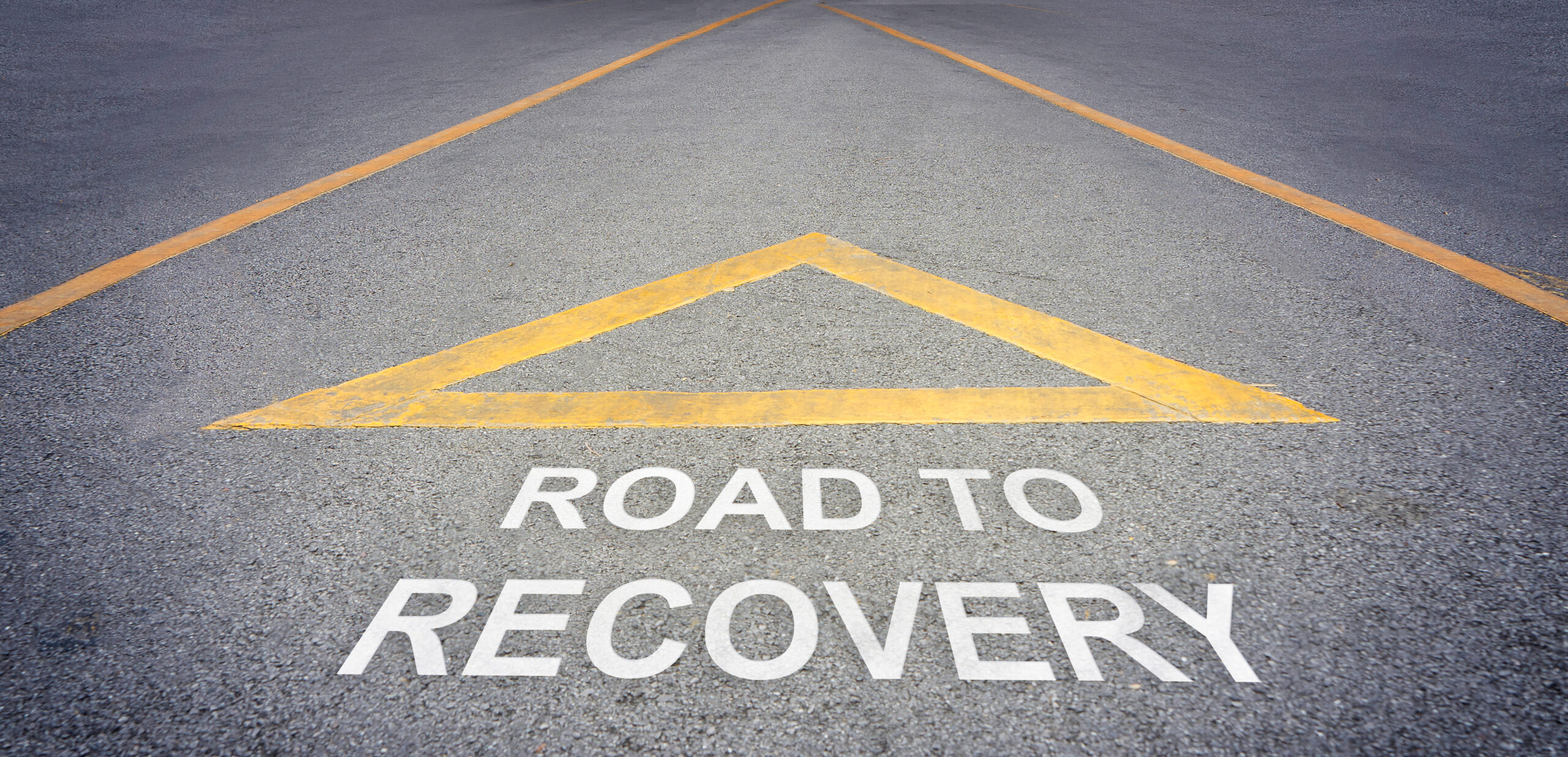
5. Breastfeeding will begin immediately.
Breastfeeding will begin immediately — even before your breastmilk comes in. From the moment your baby is born, you and your baby will be attached for what feels like around-the-clock feeding.
When I was learning to breastfeed the first time, it didn’t feel natural. I had to learn how to hold the baby correctly and deal with cracked and sore nipples while my uterus was contracting back to its normal size. It was painful and I wanted to quit so many times. I also learned that breastfeeding means less sleep, because I have to be the one feeding or pumping every two to three hours instead of relying on others to feed the baby for me. (You can always pump, but it’s important to do this frequently in the early weeks to keep up your milk supply.)
If you have your mind set on breastfeeding, know that it’s going to be a long journey — and keep going. It will get easier and you will master the process. Eventually, you will find breastfeeding to be such a beautiful and joyous endeavor. You will miss it one day, after your baby becomes more interested in other foods.
In the end, postpartum recovery is difficult, but it doesn’t have to be dreadful. Be sure to plan ahead and do what you can to have enough help and support around you in those early weeks.
Be sure to prioritize your recovery along with the baby’s well-being. Taking care of yourself is not only for yourself but also for the baby, because your motherhood journey is only just beginning and things will get even more challenging in the future. Don’t feel guilty to just lie around and do nothing but feed, soothe, and bond with the baby.
You and your baby deserve this precious time together because, like every mother will tell you, it all passes in the blink of an eye.
For more from Angela Kim visit her blog Mommy Diary, Instagram, or Facebook, and don't forget to SHARE!




